Search Results
Showing results 1 to 20 of 39

How Big Were the Dinosaurs?
Source Institutions
In this activity (located on page 4 of PDF), learners gain insight into the actual size of dinosaurs and practice making estimations and measurements.
Pour Some: Measure Serving Size
Source Institutions
Make snack time into measuring time and learn to read Nutrition Facts labels. Try this when you’re using “pourable” foods, such as cereal, yoghurt, or juice.
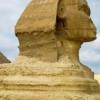
Egyptian Measuring
Source Institutions
In this activity, learners compare the ancient Egyptian system of measurement, which was based on body lengths, to the customary and metric systems used today.
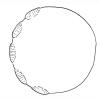
Elephant Foot
Source Institutions
Using a real-size sketch of a baby elephant's footprint, learners estimate, measure and record the width (diameter) and outside edge length (perimeter or circumference) of the footprint.
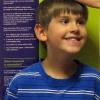
Exploring Size: Measure Yourself
Source Institutions
In this activity, learners mark their height on a height chart and discover how tall they are in nanometers.
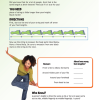
Bianca's Body Math
Source Institutions
In this Cyberchase activity, learners use math to explore how parts of the body are proportional.
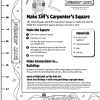
Make Ziff's Carpenter's Square
Source Institutions
In this Cyberchase activity, learners make carpenter's squares and use them to measure square corners. Learners cut out the carpenter's square template and attach it to tagboard.

What is a Nanometer?
Source Institutions
This lesson focuses on how to measure at the nanoscale and provides learners with an understanding how small a nanometer really is.
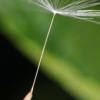
Traveling Seeds
Source Institutions
In this activity, learners make three different "seed" types and determine which design flies the farthest.
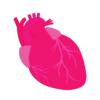
Pulse Pointer
Source Institutions
In this activity, learners investigate circulation and measure their own your heartbeat. A heart rate, or pulse, is the number of times the heart beats per minute.
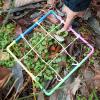
Counting With Quadrants
Source Institutions
Millions of organisms can live in and around a body of water.
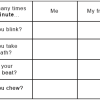
Blink
Source Institutions
In this self-measuring activity, learners observe and record how many times a minute they blink, take a breath, and chew, as well as how many times a minute their heart beats.
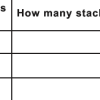
Piles of Pennies
Source Institutions
In this coin math activity, learners sort and stack 100 (one hundred) pennies into piles of 5 pennies each, 10 pennies each, and 20 pennies each.
Build a Bridge
Source Institutions
In this activity, learners use recycled materials to build a bridge that holds as many potatoes as possible. They investigate weight, height, strength, and measurement as they seek design solutions.
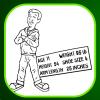
By the Numbers
Source Institutions
Learners describe objects in a room using only numbers and shapes. They can measure the object (like a desk) and make a list of facts about it (e.g.
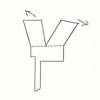
Statistics: Whirlybirds
Source Institutions
In this math lesson, learners measure, predict and determine the frequency of an event as it relates to how close Whirlybirds land to a target.

Measuring Your Breathing Frequency at Rest
Source Institutions
In this activity about the brain and sleep (on page 138 of the PDF), learners measure their resting breathing rates. Learners will discover that breathing frequencies vary amongst individuals.
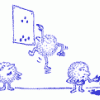
Look Mom, No Wings!
Source Institutions
In this activity about flight, learners explore how high they can jump. Learners dip their finger in ink or dirt, then jump as high as they can and mark paper attached to the wall.
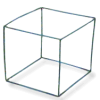
Pyramids and Triangles
Source Institutions
Straws and pipe cleaners are terrific materials for building models of pyramids and cubes.
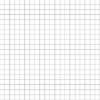
Backyard Graphing
Source Institutions
In this math activity, learners will create a scale diagram of their backyard or other outdoor area on graph paper.
